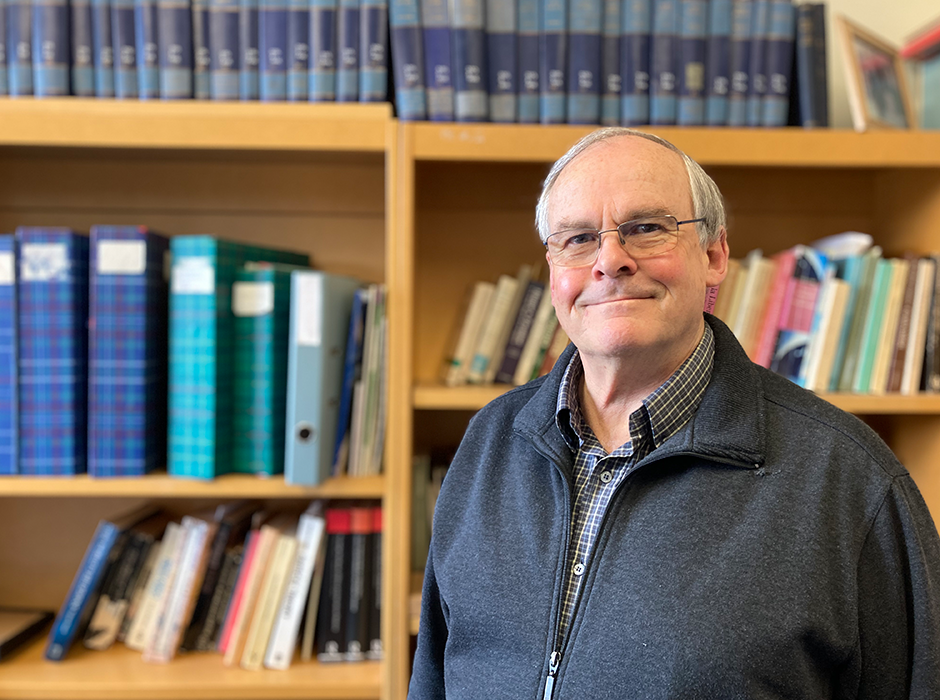
Professor Philip Nel will be made an emeritus when he retires in December.
Philip Nel will be an Emeritus Professor when he retires from Otago’s Politics programme in December.
This honour recognises his enormous contribution in research and teaching on the global politics of development, poverty, and inequality over an impressive career that includes 22 years with Otago.
Philip grew up in Pretoria, South Africa. After completing a Doctor of Philosophy, he was a member of the Politics Department at Stellenbosch University near Cape Town for 21 years before accepting a position with the Politics programme at Otago in 2003.
“The move to Dunedin was not so much a push as a pull factor. I liked the way the University was run with a heavy commitment to supporting research and the way teaching was organised as an academic you could choose what courses you wanted to offer for students to choose from, rather than teaching compulsory subjects that you may not specialise in.”
Teaching has been a highlight for Philip in his career. He recalls the postgraduate programme was small when he started, and it is now one of the strongest in this part of the world. Philip has supervised 30 PhDs, 20 during his time here.
“I will miss the students, they are always so stimulating, asking different questions and they bring perspectives that I would never have thought of on my own. I will miss them but I hope to stay involved one way or another through research, and I still have a couple of PhD students who are ongoing.”
When he moved to Otago, Philip deliberately shifted to more quantitative research due to his interest in studying inequality, which has a strong economic dimension. He is proud to have learned these new skills under his own steam, and it has led to an achievement not many people hold of being published in Philosophy, Politics and Economics journals.
Throughout his time at Otago, has maintained links with South Africa, as a Professor Extraordinaire (a visiting professor) in the Politics Department of Stellenbosch.
He has also been a visiting professor to universities in Germany and Japan. He is a lifelong fellow of the Alexander von Humboldt Foundation in Germany, which supports international cooperation and research.
“Although Otago is far away from everywhere it is possible to retain international connections, I think it’s because we are far away that we go the extra mile to make and keep contact. We are not isolated.”
Philip will continue his research after retiring, including a research trip to the University of Freiburg, Germany for a few months next year. He is a research associate of the Arnold Bergstraesser Institute at Freiburg.
“My research looks at redistribution preferences in developing countries that are very unequal - even more so than developed countries. South Africa is the most unequal country in the world and Brazil used to be. What intrigues me is why people don’t demand more change and redistribution of income through state-transfers, even in democratic contexts. It raises a mix of political, economic, and psychological questions.
“Above all, the question of economic justice keeps my original interest in Philosophy active. I hope to continue exploring these questions and to produce a companion redistribution volume to my book on the politics of economic inequality in developing countries.“
A new grandchild will keep him anchored in Dunedin, and he says one of the most important gifts of being made the Emeritus is the continuing connection with Otago.
“It’s a good way to maintain a link with the University, which has become so much a part of my life. I am going to miss my colleagues and the students.”